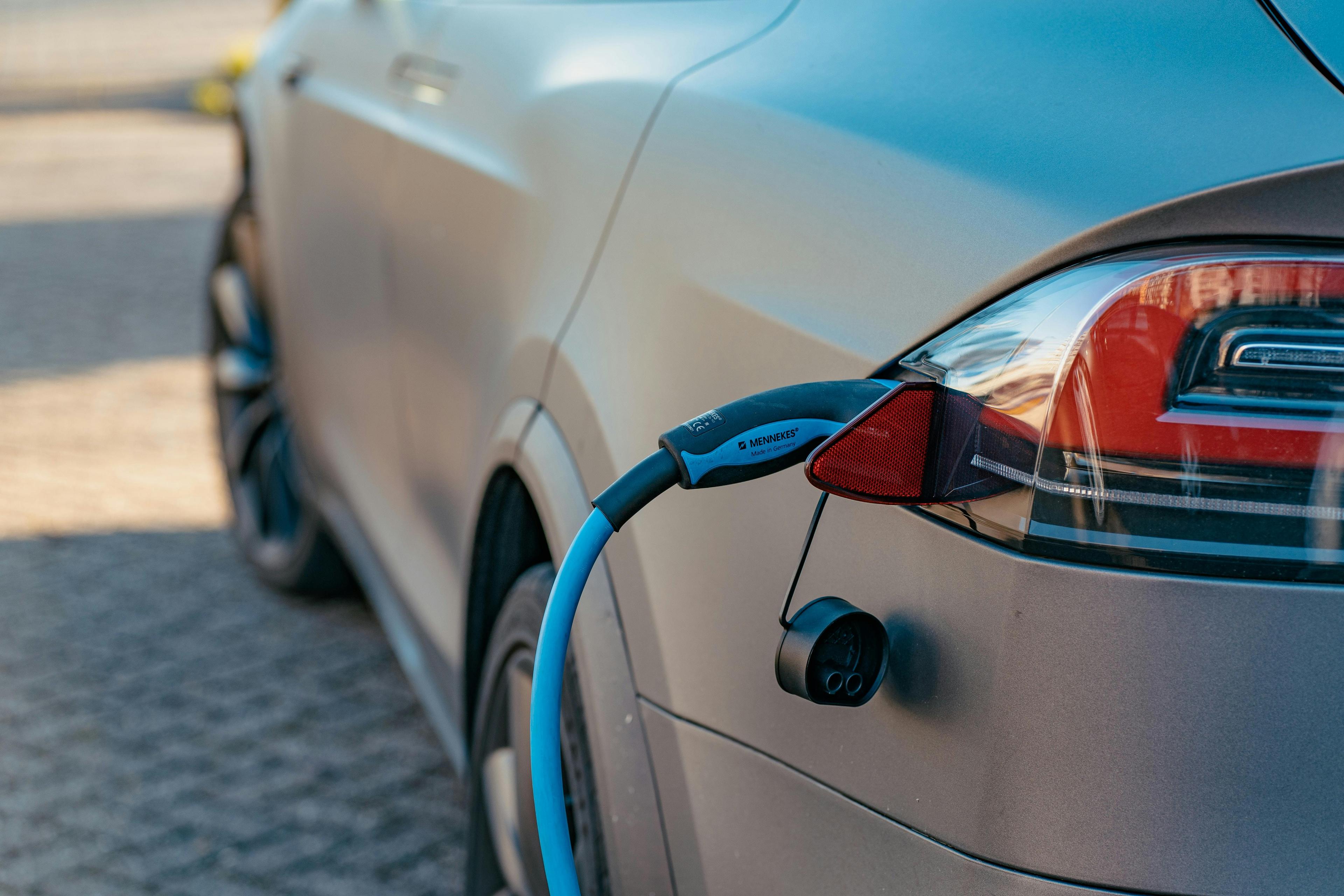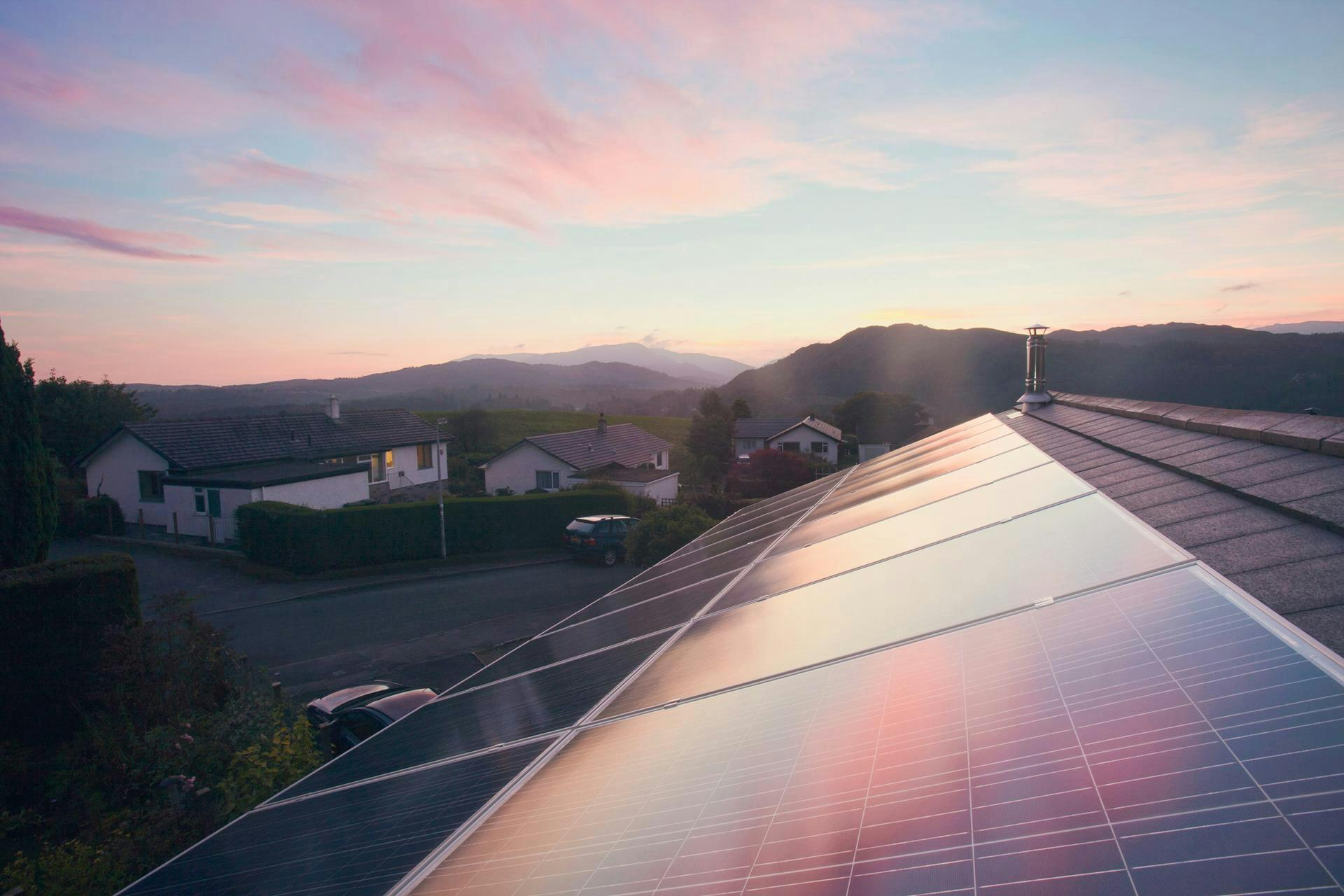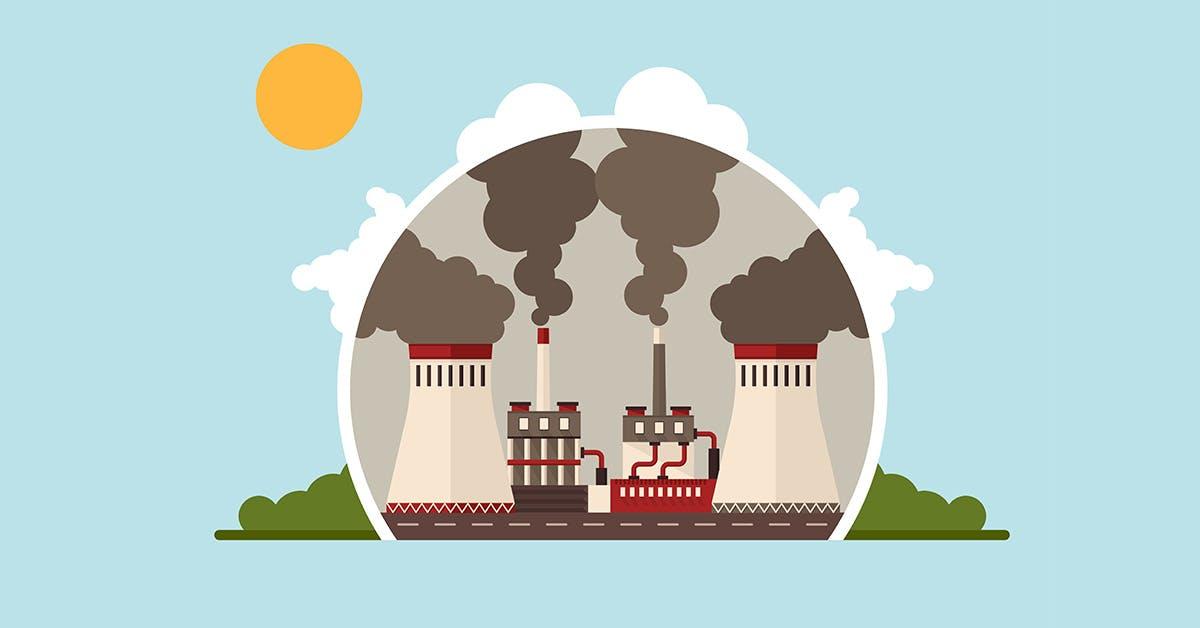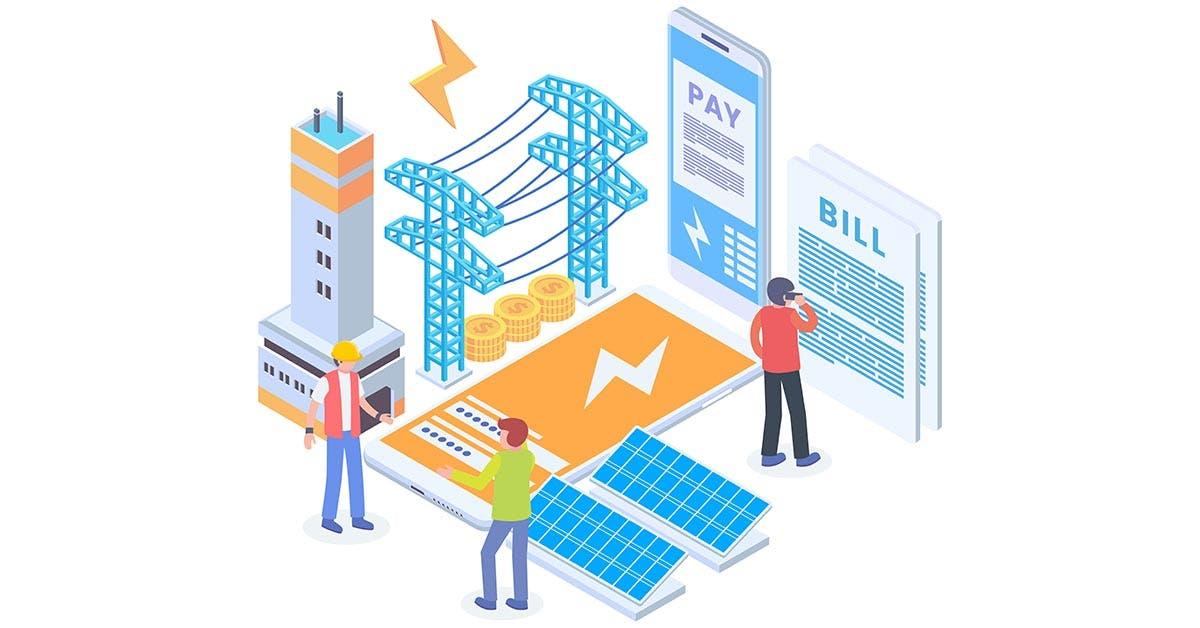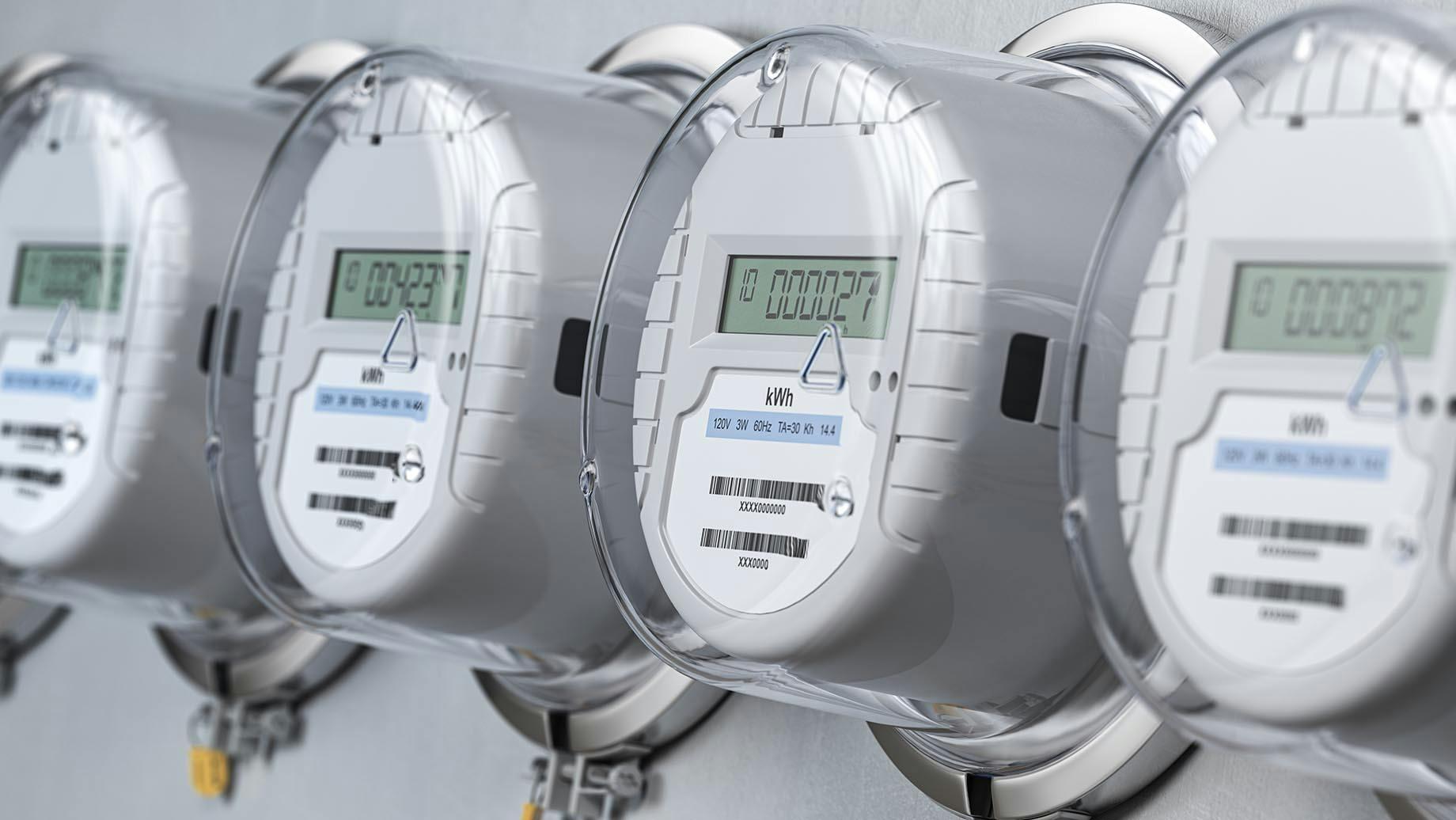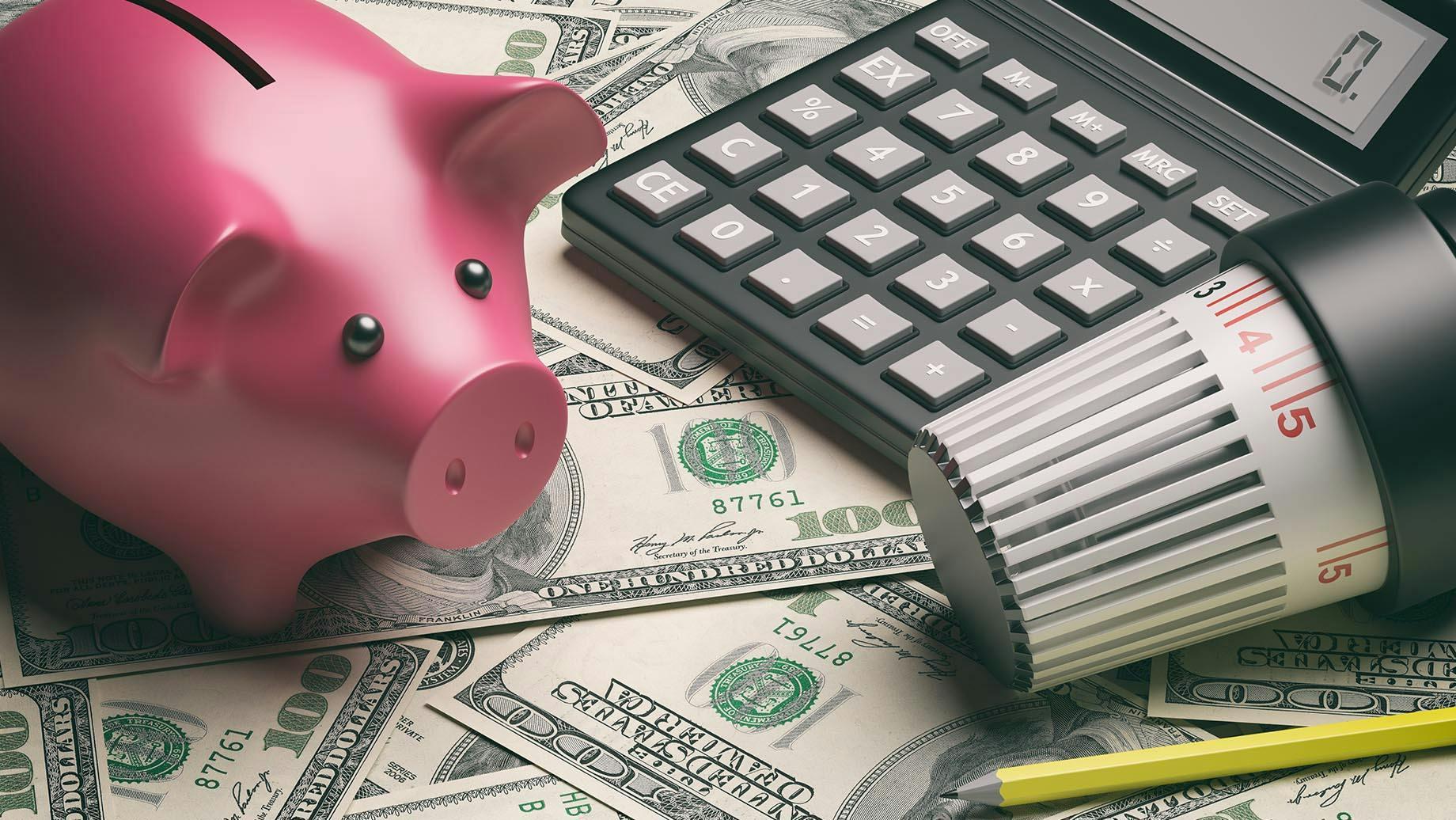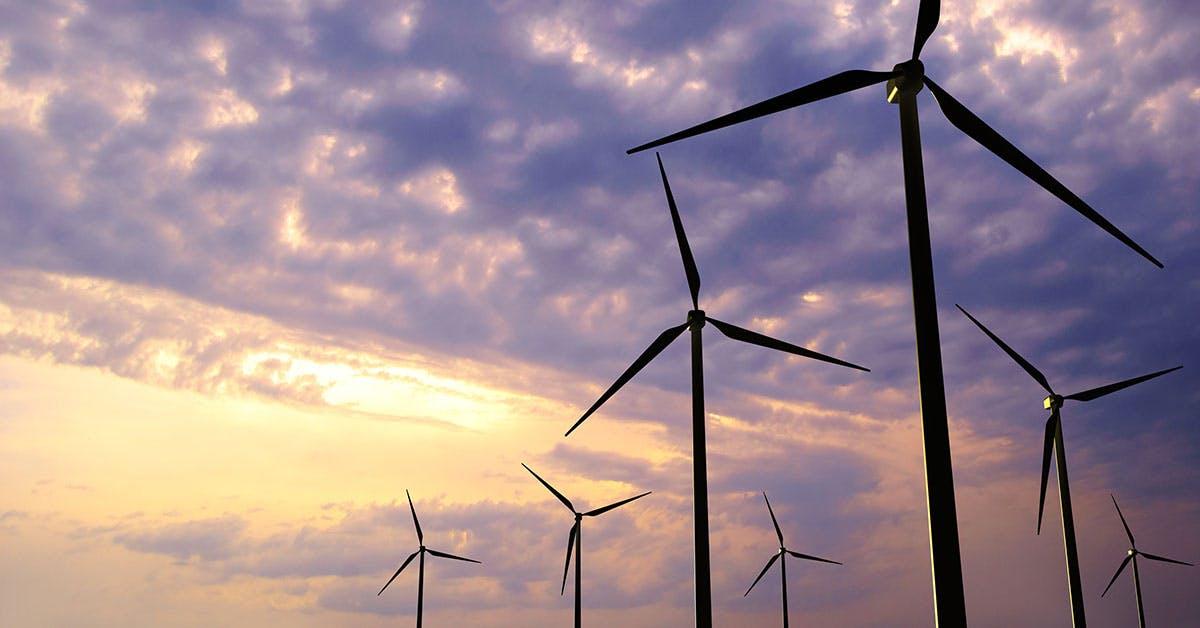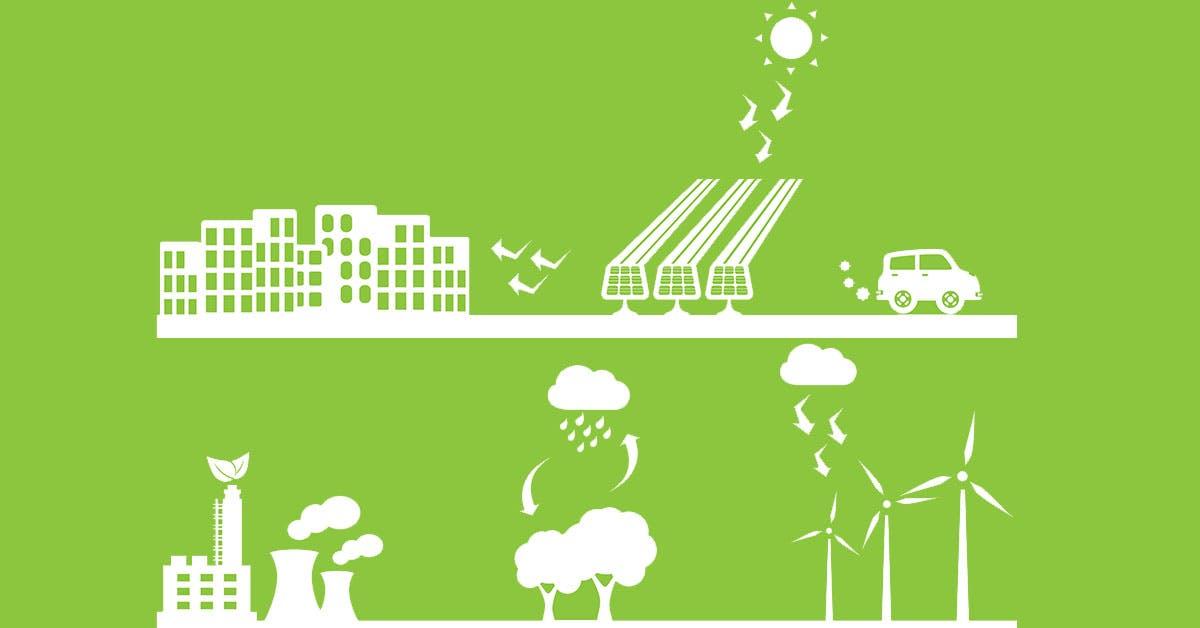
6 Tips to Consider When Shopping for Energy-Efficient Appliances
Inspire Clean Energy
Nov 8, 2021
5 min read
category: Clean Energy 101
Don't worry about climate change— do something about it.
Our clean energy plans are the easiest way to reduce your home's carbon footprint.
Switch to clean energyIf you are in the market for a new dishwasher, refrigerator or another major appliance, you should consider purchasing one that is labeled as "energy-efficient." There are many benefits to investing in these models and many choices available, so it's important to make an informed decision.
A new appliance is a significant expense, and you want to make sure that the option you choose will last for years to come. Energy-efficient appliances offer long-term benefits, not just for your wallet but also for the environment. Over their lifespan, they reduce wasted energy, help cut down on emissions and use less electricity.
When it comes time to upgrade, here are six tips to consider when shopping for energy-efficient appliances:
Look for the Energy Star® label
Energy Star® is a trademarked, government-backed symbol that indicates if an appliance is considered energy efficient. The Environmental Protection Agency (EPA) established the Energy Star® program in 1992 to help consumers make informed decisions about the environmental impact of the products they purchase.
Read the EnergyGuide
The EnergyGuide is a bright yellow label that manufacturers are required to place on all appliances. Before making a purchase, take the time to read through the information on the guide, which will offer you a picture of the appliance's energy footprint. It will include:
- Appliance make, model, and size
- An estimated yearly operating cost
- The annual estimated electricity consumption
Compare costs
While it's tempting to choose the cheapest option available, it's important to look at all the costs associated with a new appliance. The purchase price is your initial investment, and reading the EnergyGuide label can provide a better picture of the long-term expenses. Energy-efficient models are typically more expensive upfront but then offer reduced energy bills over the appliance's lifetime.
Choose the right size
The size of your new appliance matters, not just for fitting in your home, but also for the correct energy capacity. Units too small for the space, such as an air conditioner, will have to run longer, making them less efficient. Installing an appliance that is too large, such as an oversized washing machine, can waste both electricity and water if it's often run without being full.
Consider smart appliances
Smart appliances are a newer concept in energy efficiency. These models do have a higher price tag but also offer many long-term energy savings benefits. Smart appliances have options for various controls, including running on power-saving modes, regulating temperatures, and providing feedback about how much energy is being used.
Check for tax credits and rebates
Consumers who purchase energy-efficient appliances are frequently eligible for tax credits and rebates from their local energy companies. The Energy Star® website offers a searchable rebate finder and information about federal income tax credits and other incentives.
Buying tips for energy-efficient appliances
Appliances today are built to last for many years, so it's important to choose the best option for your household. Here are some considerations when researching energy-efficient appliances:
Refrigerator
- Skip the extra parts that waste energy, including water dispensers and ice makers.
- Choose a model where the freezer is on the top or bottom, not on the side.
- Set the refrigerator temperature between 35 and 40 degrees Fahrenheit and the freezer temperature between 0 and 5 degrees Fahrenheit.
Dishwasher
- Choose a model that offers a "light-wash" cycle and "air dry" option.
- Skip soaking and pre-rinsing dishes to save water.
- Only run the dishwasher when it is full.
Stove
- Self-cleaning ovens offer the best insulation, helping to trap heat inside.
- Cook multiple items at once and use glass or ceramic pans instead of metal.
Washing machine
- High-efficiency (HE) models are the best option since they use over 30% less water than traditional washers.
- Choose a model with a high Integrated Modified Energy Factor (IMEF) and a low Integrated Water Factor (IWF) for optimal energy efficiency.
- Only run full loads and use the cold setting whenever possible.
Dryer
- For maximum efficiency, clean out the lint trap regularly and the dryer vent annually.
- When possible, dry loads back to back while the dryer is still warm.
- Choose models that offer a low heat setting to conserve energy.
Air conditioner
- When purchasing a new model, choose one with an Energy Efficiency Ratio (EER) of 10 or higher.
- Make sure the outside condensing unit and coils remain clear of leaves and other debris.
- Installing ceiling fans will allow more air to circulate throughout your home while using less energy.
If you’re looking for a quick and easy way to make an impact, sign up for a 100% clean energy supply plan for your home. You'll reduce your net-carbon emissions and power your home from renewable sources like wind and solar.
Not sure if renewable energy is right for you? Read some of Inspire Clean Energy’s reviews to see how we've helped customers make the switch.
Don't worry about climate change— do something about it.
Our clean energy plans are the easiest way to reduce your home's carbon footprint.
Switch to clean energy
Inspire Clean Energy
We're on a mission to transform the way people access clean energy and accelerate a net-zero carbon future.
Learn more about Inspire →Explore more
Recent Posts
Top Articles



